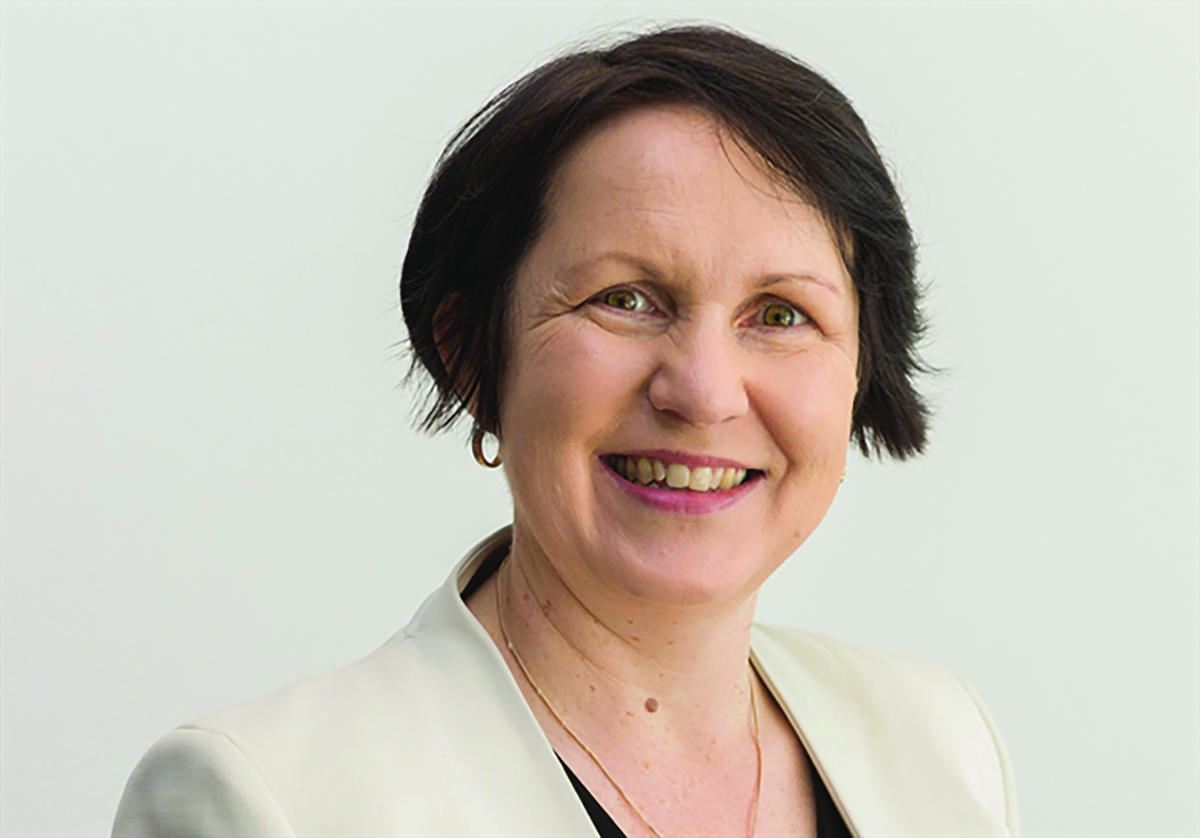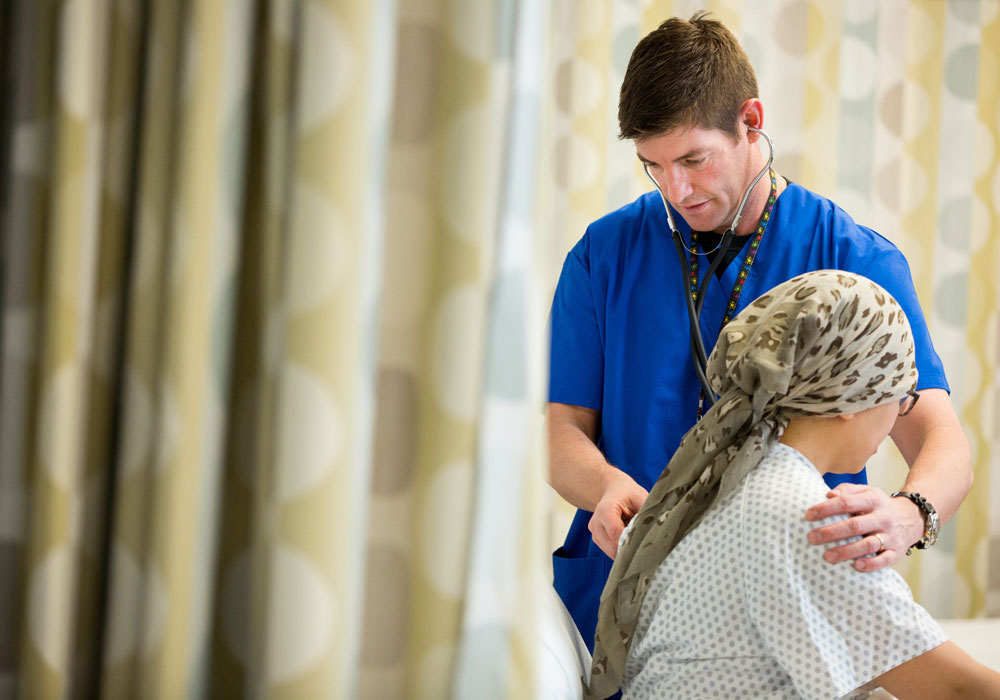By Patsy Yates, PhD, RN, FACN, FAAN
Cancer is a global health problem. According to the American Cancer Society, cancer incidence is expected to continue to grow to nearly 27 million new cases around the world by 2040. In 134 of 183 countries, cancer is the first or second leading cause of premature death for people aged 30–69 years, and it ranks third or fourth in an additional 45 countries. Although cancer is a major health issue across the world, outcomes differ depending on a patient’s country of origin.

Nearly 70% of people who die from cancer live in low- and middle-income countries (LMICs). Access to supportive and palliative care services also varies greatly across the world, resulting in poorer outcomes for pain and symptom management in LMICs because of inadequate resources for early identification and access to evidence-based treatments. In 2017, only 26% of low-income countries reported having pathology services generally available in the public sector and less than 30% of low-income countries reported access to available treatment services.
Limited public education about cancer is another factor in LMICs. Many primary healthcare resources are generally targeted to address critical health issues like maternal infant mortality and the prevalence of infectious diseases. Because of poorer cancer outcomes, LMIC communities can have more fatalistic attitudes and fears about a diagnosis, which also prevent people from accessing screening and treatment services.
The simplest and most important way nurses can reduce disparities is by being informed about the ones that affect patients and the reasons they exist. Through education and awareness, nurses are better positioned to support the efforts of global organizations like the International Council of Nurses and the International Society of Nurses in Cancer Care, which advocate for universal health coverage and access to adequately trained oncology nurses. Global nursing organizations and counterparts like ONS support nurses through international networks that share resources and knowledge.
Nurses are the largest group of healthcare providers throughout the world. They reduce cancer disparities, from prevention and screening through palliative care and into the end of life. In many LMICs, nurses are the only healthcare providers at the front line providing education about prevention and early cancer detection. Because many patients in LMICs are diagnosed at more advanced stages, nurses provide critical palliative care to improve quality of life, and the development of an educated nursing workforce is important to enable patients to receive timely and safe cancer treatments for the best possible outcomes.






